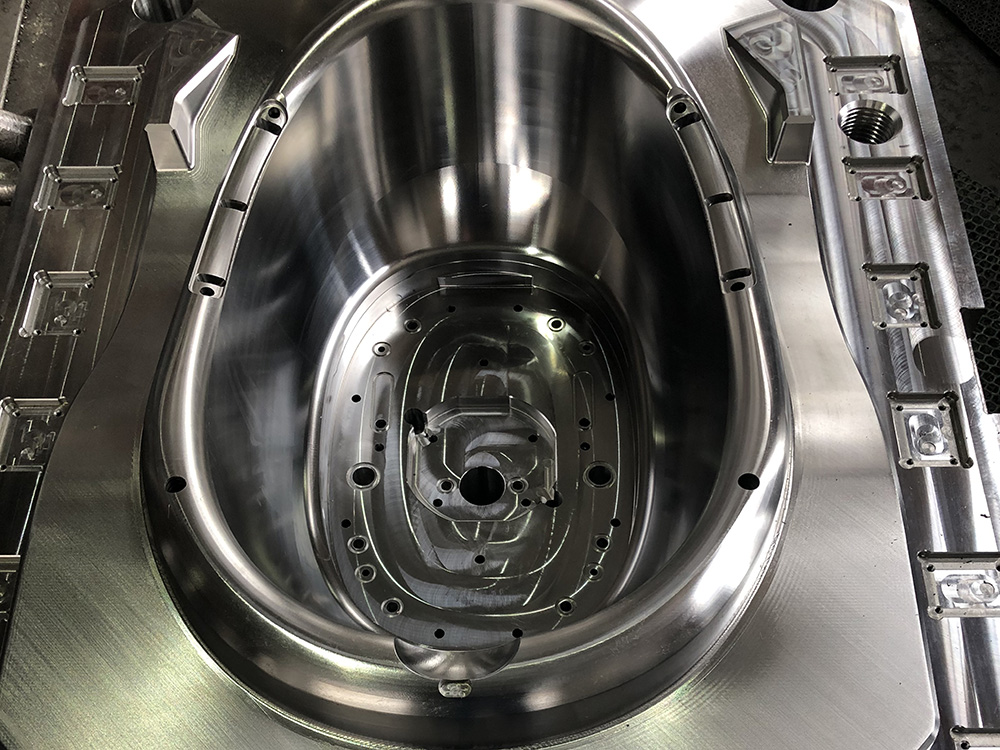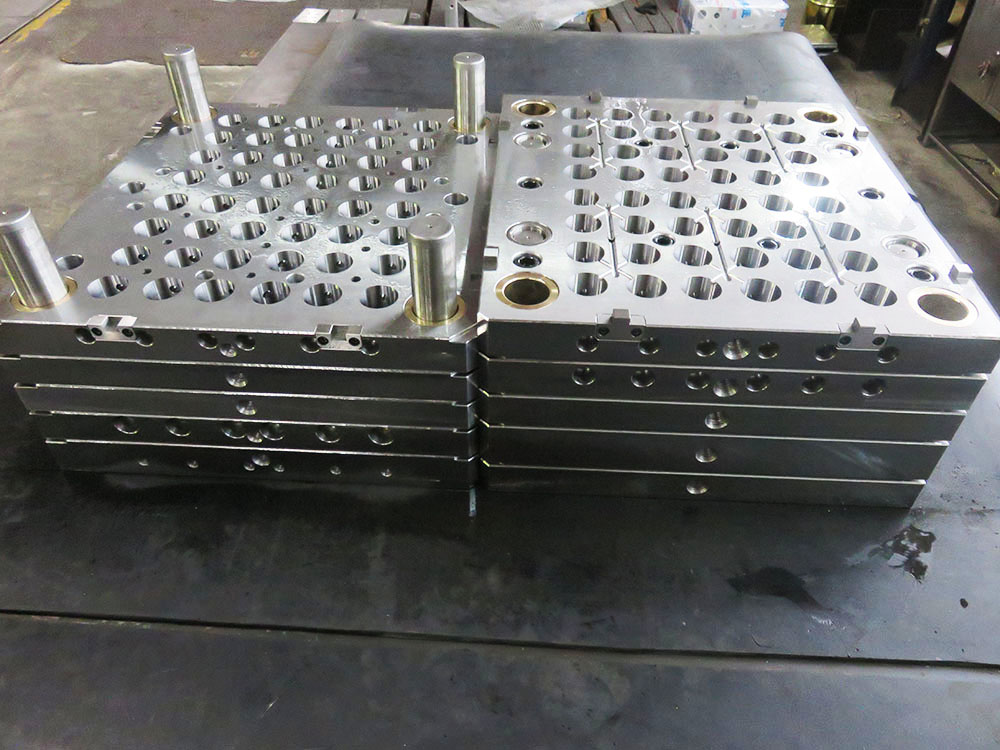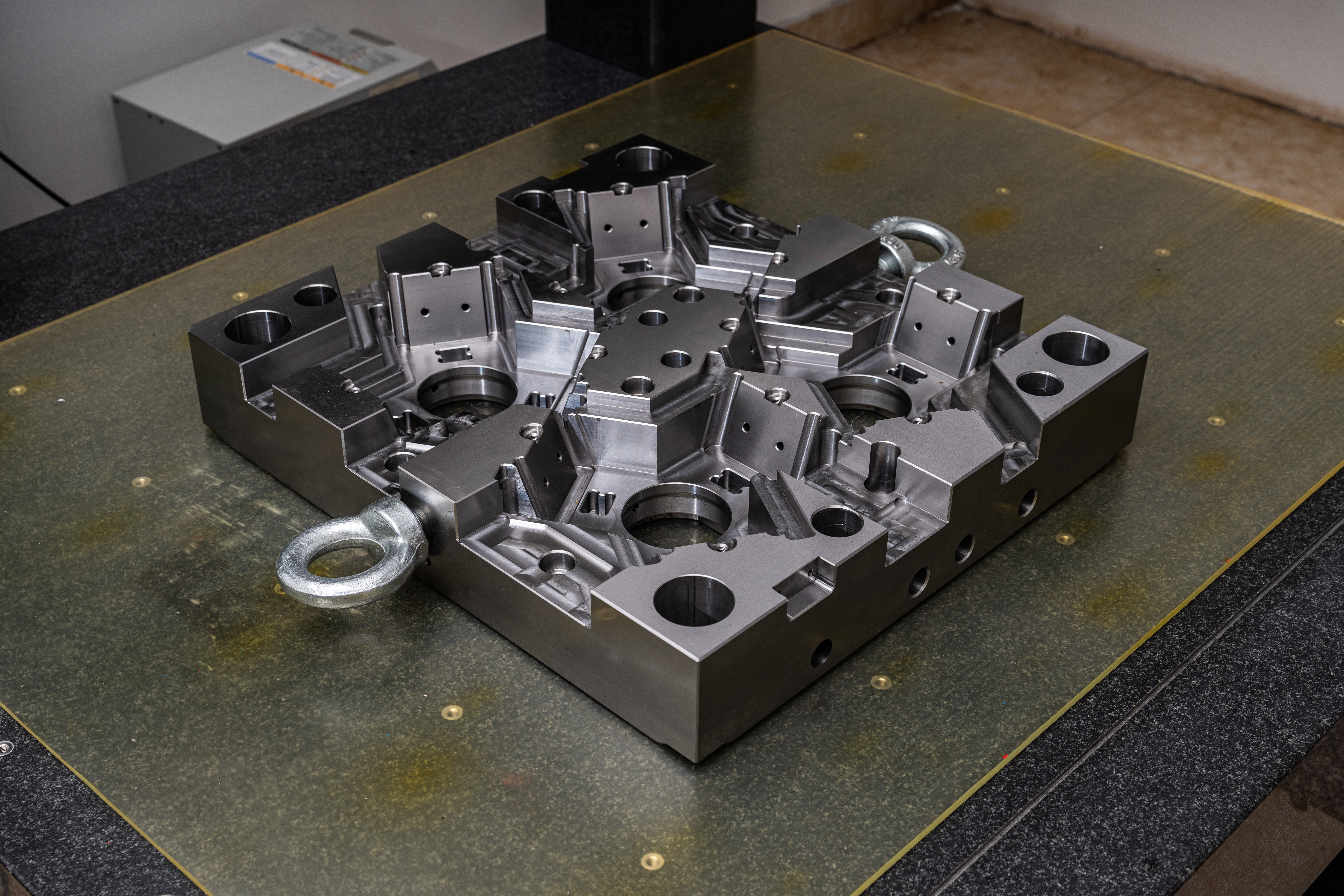Exploring Customized Solutions for Non-Standard Mold Manufacturers
The Mold Base industry plays a crucial role in the manufacturing sector, especially for industries such as automotive, aerospace, and consumer goods. While standard molds are widely available, non-standard mold manufacturers often face unique challenges that require customized solutions. In this article, we will explore some of the key considerations and solutions for non-standard mold manufacturers.
1. Understanding Non-Standard Mold Requirements
Non-standard mold manufacturers typically cater to specific customer requirements that cannot be met by standard molds. These requirements may include unique shapes, sizes, or materials. It is important to thoroughly understand the precise specifications and goals of the mold before creating a customized solution.
2. Customized Mold Design
Once the requirements are identified, the next step is to develop a customized mold design. This involves employing advanced design software and techniques to create a mold that meets all the desired specifications. It is crucial to consider factors such as mold dimensions, cavity layout, cooling channels, and ejection systems during the design phase.
3. Material Selection
Choosing the right material for non-standard molds is essential to ensure optimal performance and longevity. Factors such as temperature and pressure resistance, compatibility with the molded material, and durability need to be considered. Common materials used for non-standard molds include steel alloys, aluminum, and composites.
4. Precision Machining
Precision machining plays a crucial role in manufacturing non-standard molds. This involves utilizing advanced CNC machines to accurately shape the mold components according to the design specifications. The use of sophisticated machining techniques ensures high precision and repeatability, leading to superior mold quality.
5. Heat Treatment and Surface Finishing
Heat treatment is often applied to enhance the mechanical properties and hardness of non-standard molds. This process helps to increase the mold's resistance to wear, corrosion, and deformation. Additionally, surface finishing techniques such as polishing, plating, and coating can be employed to improve the mold's surface quality and reduce friction during the molding process.
6. Testing and Validation
Before delivering the non-standard mold to the customer, rigorous testing and validation processes are essential. This ensures that the mold meets all the specified requirements and delivers consistent and high-quality molded products. Various testing methods, including dimensional accuracy checks, pressure and temperature simulations, and product quality evaluations, are conducted during this phase.
7. Continuous Improvements and Support
Customized solutions for non-standard mold manufacturers do not end with the production and delivery of the mold. To ensure long-term satisfaction, it is important to establish partnerships with mold manufacturers who are committed to continuous improvements and customer support. This includes providing maintenance services, technical assistance, and the willingness to modify or upgrade the mold design as per evolving needs.
Conclusion
Non-standard mold manufacturers face unique challenges that require customized solutions. By understanding the specific requirements, employing customized mold design, selecting appropriate materials, utilizing precision machining, applying heat treatment and surface finishing, conducting rigorous testing, and providing continuous support, non-standard mold manufacturers can overcome these challenges and produce high-quality molds that meet the diverse needs of customers.




